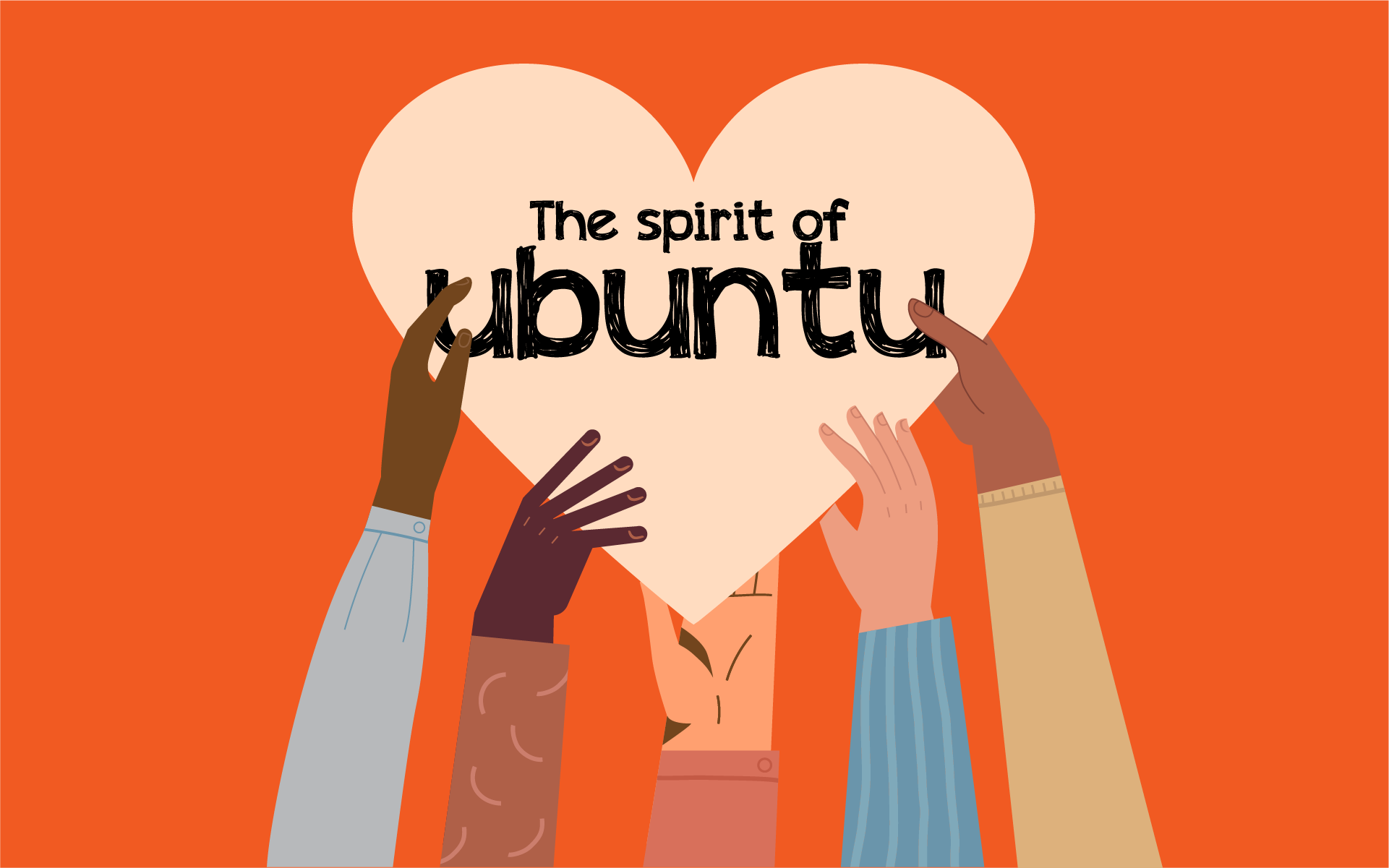A TikTok video I saw recently left me triggered. A student summoned the courage to share with a friend that he was broke and had been starving.
He asked for cash and was offered R100. Relieved, he managed to get groceries to last a few days. He recorded his thrifty shopping skills and shared his gratitude for the assistance.
I admired his bravery in opening up to his friends and the social media community instead of suffering silently.
The video brought back memories of a difficult period in my life. In 2021, while the world was grappling with COVID-19, I lost my job and was in the throes of a divorce.
It was the loneliest time of my life, with close family 900km away. This was aggravated by my conservative upbringing that frowns on displays of vulnerability and the airing of dirty linen in public.
With no income, bills piling up, and emotional stress from the end of my marriage, my health deteriorated. My hair fell out in clumps. My body was covered in psoriasis. I was terrified, yet too ashamed to speak up and seek help.
One afternoon, a former colleague called me. We weren’t close while working together, and it had been years since we last spoke.
On the day when I couldn’t summon the energy to get out of bed, her spirit sent her to check up on me. I poured my heart out, taking comfort from the fact that she was outside of my inner circle.
After the call, she sent a notification for R400 to recharge my phone. It went a long way, and I was extremely grateful.
That day the Xhosa idiom usana olungakhaliyo lufel’ embelekweni – meaning someone who does not ask for help dies alone – sunk in. It also marked the beginning of a chain reaction in my life.
From that day, it became slightly easier to share my pain. I didn’t expect anything in return, yet people showed up in ways I could not have imagined.
A friend took it upon herself to regularly deliver vegetables and meat, and I found myself looking forward to rustling up fresh meals for my children.
Electricity vouchers, wi-fi subscriptions and other basics were covered regularly, without me having to ask. A distant relative, who had also lost her job, raised R1200 in almost two months and insisted I use it to consult a dermatologist. I obliged.
When the doctor examined my inflamed scales, she reprimanded me for not seeking help sooner. She declined the consultation fee. I was astonished and I broke down.
I was overwhelmed by the generosity I had been receiving, and most of the time, it was inexplicable.
As a proud woman, it was natural to resist being a “charity case” or be seen as taking advantage of people’s kindness.
My default setting was to decline when friends persuaded me to go on coffee dates that morphed into all-day outings, designed to help me escape the combative mood at home.
Each random act of kindness, sometimes from strangers, restored my belief in humanity.
It was as if the universe had conspired to show me the spirit of ubuntu in action. Love and compassion were a common thread. I just had to open myself up, be vulnerable, and trust the process.
As I continued my healing, I began paying it forward. It gave me a renewed sense of purpose. I did not let opportunities to touch people’s lives pass me by.
In the past, I would respond as a journalist to cries for help and investigate before I could assist. These days, I listen with compassion and act without delay.
I have become the random stranger who buys extra groceries, purchases bus tickets, and transports used beds to strangers in need.
I’m not fashioning myself as a philanthropist. I merely respond to feelings I know too well. I know the overwhelming emptiness that comes from having nothing.
I’m familiar with the excruciating pain that comes from being vulnerable. As I watched the young TikToker, I wished more people would summon the courage to speak up, and let the universe pair them up with equally compassionate individuals.

Leave a Reply